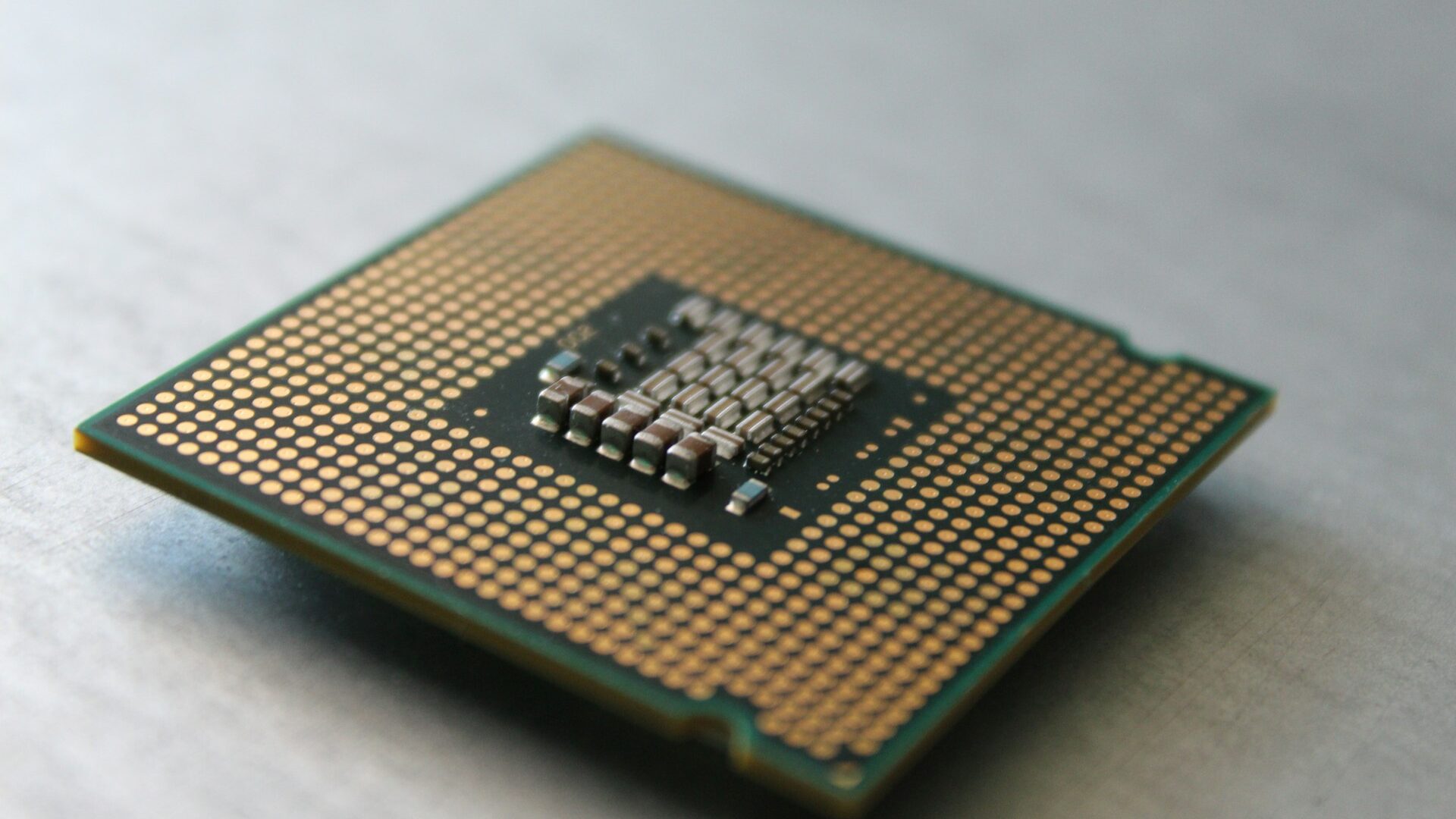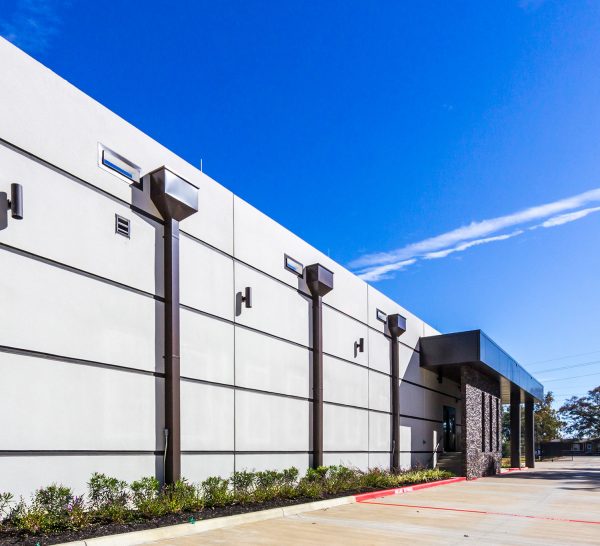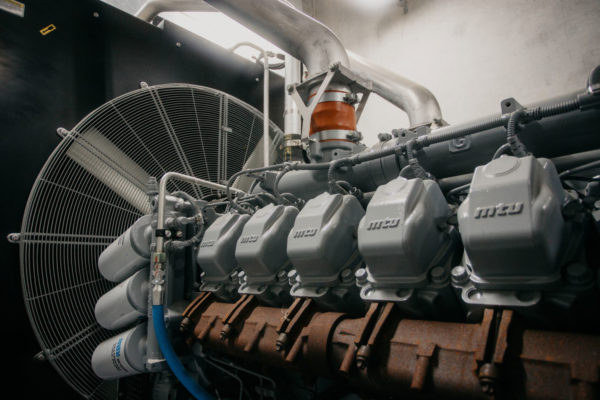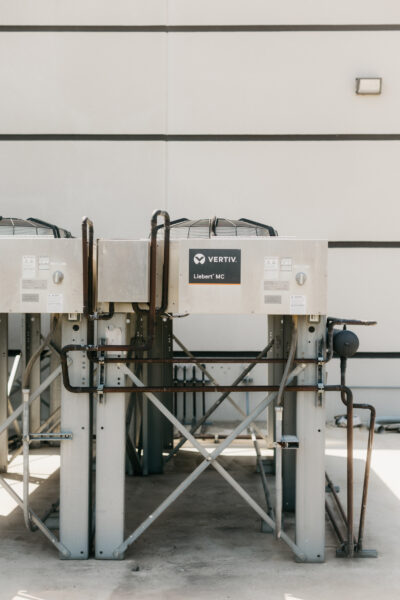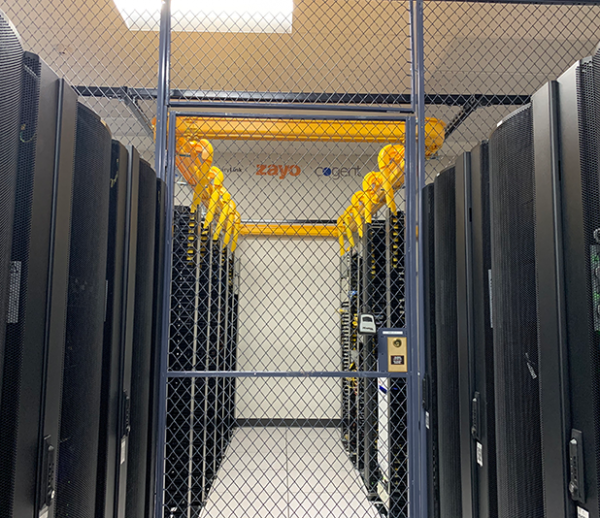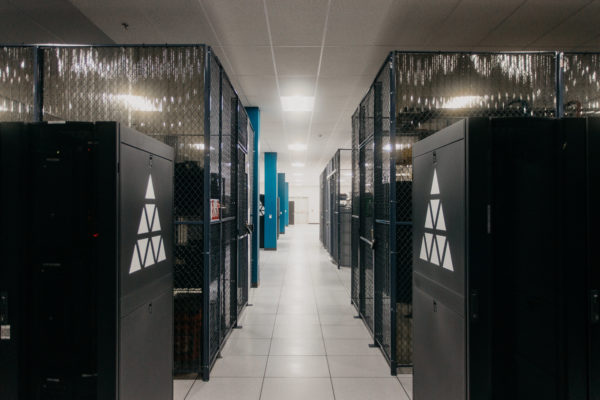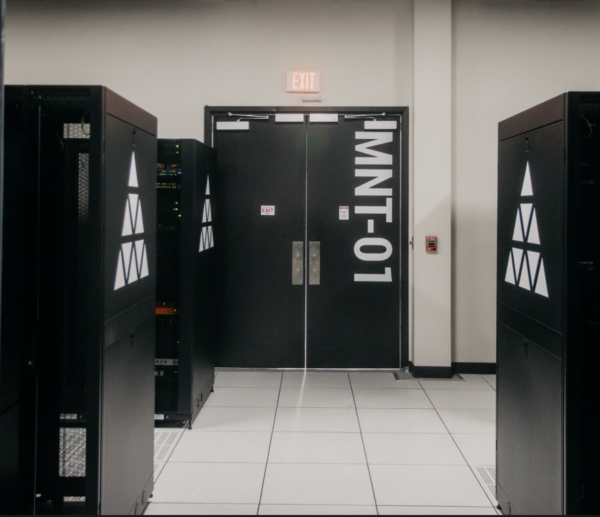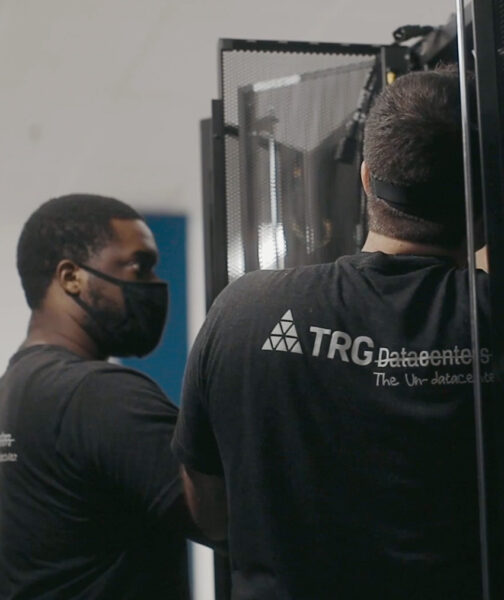The AI market is set to soar from an estimated $214 billion in 2024 to a massive $1,339 billion by 2030. That’s an incredible leap, and the opportunities are just beginning.
With artificial intelligence trends escalating, businesses are working tirelessly to find a way to implement AI in their work processes.
Why? Because of the not-so-secret fact that artificial intelligence has been a significant blessing for businesses across various industries.
However, the type of hardware required to unleash the potential of AI varies significantly depending on the AI model and its complexity.
For instance, you need a robust CPU that can efficiently handle high-computational tasks like machine learning and deep learning. Common CPUs that we usually use for our day-to-day use are not very famous for these complex tasks. Therefore, selecting the perfect CPU for AI is imperative.
There are several components that determine the quality of the CPU and, eventually, the work you are going to do with it.
A better CPU can accelerate your tasks with much greater efficiency, saving you tons of valuable resources in the long run. However, it must be noted that running heavy computational machines requires robust servers, and that is not a cost-effective solution for every business.
This is especially true for those who are just starting in AI-powered workplaces or are a little tight on budget. This guide will help you choose the best CPU for AI that your business needs and shed some light on the role and purpose of data center GPUs.
So, let’s jump right into it.
CPUs For AI — Deep Learning and Machine Learning
The basic processing units, CPUs, can be super-efficient for AI applications. While CPUs can handle many AI tasks, they typically lag behind GPUs and NPUs when it comes to intensive deep learning workloads due to the lack of specialized hardware like tensor cores. Yet, central processing units or CPUs can be cost-effective and maybe even better than GPUs for basic tasks.
For a detailed comparison, head to our GPU vs CPU for AI guide, where we have thoroughly examined both processors, pointing out their strengths and weaknesses regarding artificial intelligence applications.
Coming back to the topic, here are the major pros and cons of using CPU for AI:
Pros
- Versatile: CPUs are versatile. These were designed to perform the majority of a computer’s processing and control functions. In other words, you can buy a fantastic CPU and use it for a number of tasks, including gaming, data processing, training small machine-learning models, and many more tasks.
- Multiple Cores: Modern models like Intel’s Xeon Phi can have up to 72 cores. For comparison, 4 cores are sufficient for browsing and other basic computing tasks, and 72 cores can be sufficient for basic AI tasks such as training small AI models or handling performance science simulations.
- CPU-Optimized AI Frameworks: Many AI frameworks, including TensorFlow and PyTorch, offer CPU-optimized libraries that make running AI models on CPUs highly efficient.
- Energy Efficient: CPUs are much more energy efficient as compared to GPUs. Thus, utilizing CPUs for basic tasks can be a fantastic energy-saving solution. However, for large AI tasks, the longer processing times of CPUs may offset these energy savings.
- Cost-Effective: Previously, we talked about the cost-effectiveness of CPUs. Though the most powerful CPUs can be expensive, they are still nowhere near what a robust GPU or NPU can cost. To combat that, businesses turn to AI colocation that offers them space, power, network connectivity, etc., to run and manage their services and equipment remotely.
Cons
Now, let’s see why CPUs are not the best bet for AI applications. Their incapability to perform tasks simultaneously is the main reason why CPUs can fall a little short of complex artificial intelligence tasks. Every processor has its advantages and constraints; let’s learn a little more about the constraints of CPUs.
- Insufficient Cores: Previously, we learned that CPUs can have numerous cores and we took an example of a machine that has over 70 cores. Yet, these can be insufficient for tasks like training massive deep-learning models that require vast amounts of data processing.
- Parallel Processing: Parallel processing is the process of working all the cores simultaneously. It allows for performing complex tasks quickly. Modern CPUs can perform parallel processing but are not designed with the same extensive parallelism as GPUs. This makes CPUs not so ideal for complex computing tasks, especially for those we are talking about in this guide.
- Resource Intensive: Incapabilities to work multiple cores together can cause more resources to complete operations, taking more energy and time to complete tasks that could be completed faster using a reliable GPU.
If you want help choosing the best GPU, use our guide about the best GPU for AI. No matter how powerful the GPU you choose, you can rely on our GPU colocation services to host it and make the objectively best decision for your business.
What to Look For in a CPU: Key Components
In the subsequent section, we will recommend a few CPUs that are perfect for AI-powered tasks. But before that, here are a few components that you should look for in a CPU.
Take the following information as our CPU benchmark, in other words, how we evaluate the CPUs before we recommend the best CPU for machine learning and other tasks.
Cores
We already discussed the importance of having multiple cores. In essence, the more the cores the better. For instance, think of the CPU as an organization and the cores as their employees; more cores can complete given tasks much faster and more efficiently. Basically, it depends upon your goal or what you are trying to achieve with your CPU. For very basic tasks, you can go for a consumer CPU. For advanced ones, go for server CPUs that can have more cores, like the one we mentioned above. But you must remember that cores alone are not enough. Factors like architecture, memory bandwidth, and compatibility with AI frameworks are also crucial.
Clock Speed (GHz)
Simply put, clock speed is the performance of a single core. For tasks that do not require parallel processes, high clock speed is imperative. Higher GHz can enable an individual core to perform better, with each core performing better, fairly complex tasks can be taken down in a blink. Look for a CPU with a clock speed of 3.0 GHz or higher.
Hyper-Threading
This is one of the key components that you should look for while choosing a CPU for AI. Also known as multithreading (SMT), hyper-threading is the ability that allows each core to handle multiple threads, improving multi-threaded performance. This is important for tasks that require parallel processing.
Memory Support
Faster memory ensures faster data access and faster data processing across cores. Especially, if you plan on training AI models that require boundless memory access. Also, ensure your CPU’s memory controller should support high-speed RAM, ideally DDR4 or DDR5, to provide sufficient memory bandwidth for AI workloads.
Thermal Design Power (TDP)
Thermal design power has an inversely proportional relation with energy consumption and a direct proportion with performance. Simply put, lower TDP makes it more energy efficient, and higher TDP enhances the CPU’s performance. Again, if you plan to go for AI-heavy tasks, look for TDP 65-150W.
Advanced Instruction Sets
Modern CPUs also have these advanced instruction sets to accelerate specific tasks such as video decoding, audio decoding, image processing, graphics rendering, and other workloads like neural network operations. Moreover, this also helps in parallel processing.
Our Recommendations: The Best CPUs For AI
Now that you understand how we evaluate CPUs, let’s review a few of the best ones. Here’s what we recommend according to our benchmark performance inferencing:
1. Intel Core i9-13900K
A high-performance CPU that excels in a variety of tasks. Built on a hybrid architecture, it offers an excellent balance for demanding workloads, video editing, AI processing, and is known for its amazing gaming performance. The reasons to avoid this include price and energy consumption. The reasons to buy this are listed below.
It can be an ideal choice for gaming enthusiasts, editors, and professionals looking to implement AI in their workplaces or want a machine to handle heavy multitasking, intensive applications, and resource-demanding tasks.
Specs:
Cores: 24 (8 Performance cores + 16 Efficient cores)
Threads: 32 threads
Base Clock: 3.0 GHz (Performance cores), 2.2 GHz (Efficient cores)
Max Turbo Clock: Up to 5.8 GHz
Cache: 36MB Intel Smart Cache (L3)
Thermal Design Power (TDP): 125W (Base), 253W (Max Turbo)
Memory Support: DDR5-5600, DDR4-3200
Process Node: Intel 7 (10nm)
2. AMD Ryzen 9 7950X3D
Known for its 3D V-Cache technology, it is a powerhouse for multitasking tasks. The CPU provides perfect solutions for gaming, complex simulations, and artificial intelligence and machine learning (AI/ML) workloads. The CPU also performs exceptionally well in data-heavy tasks due to its large cache capabilities. Finally, with a lower TDP, it’s super cost-effective and consumes less energy.
It’s the best for gamers, AI/ML developers, 3D rendering, or other highly intensive workloads. It’s also best for those looking for balanced performance and less power consumption.
Specs:
Cores: 16 cores
Threads: 32 threads
Base Clock: 4.2 GHz
Max Turbo Clock: Up to 5.7 GHz
Cache: 144MB total cache (L2 + L3), including 128MB 3D V-Cache
Thermal Design Power (TDP): 120W
Memory Support: DDR5-5200
Process Node: TSMC 5nm
3. Intel Core i7-14700K
The Intel Core i7-14700K is a versatile CPU that offers great performance for gaming, productivity, and content creation. With its multiple cores, it handles multi-threaded workloads efficiently. Its high computational power makes it a strong contender for gaming and applications that don’t require extensive parallel processing qualities. Such tasks include graphics creation, animation, or performing scale opacity transform.
Similar to the previous one, it can be a good choice for gamers, and content creators, and is not very energy-intensive.
Specs:
Cores: 20 (8 Performance cores + 12 Efficient cores)
Threads: 28 threads
Base Clock: 3.4 GHz (Performance cores), 2.5 GHz (Efficient cores)
Max Turbo Clock: Up to 5.6 GHz
Cache: 33MB Intel Smart Cache (L3)
Thermal Design Power (TDP): 125W (Base), 253W (Max Turbo)
Memory Support: DDR5-5600, DDR4-3200
Process Node: Intel 7 (10nm)
4. AMD Ryzen 9 7900X
Suitable for users who need core ultra processors for content creation, software development, or game development. It’s a great option for those who want top-tier performance but don’t need the massive cache and power efficiency.
Specs:
Cores: 12 cores
Threads: 24 threads
Base Clock: 4.7 GHz
Max Turbo Clock: Up to 5.6 GHz
Cache: 76MB total cache (L2 + L3)
Thermal Design Power (TDP): 170W
Memory Support: DDR5-5200
Process Node: TSMC 5nm
Here’s how the four giants go against each other:
|
CPU |
Cores |
Threads |
Base Clock |
Max Turbo Clock |
Cache |
TDP – Base and Max Turbo |
Memory Support |
Process Node |
|
Intel Core i9-13900K |
24 |
32 |
3.0 GHz and 2.2 GHz |
Up to 5.8 GHz |
36MB Intel Smart Cache (L3) |
125W and 253W |
DDR5-5600, DDR4-3200 |
Intel 7 (10nm) |
|
AMD Ryzen 9 7950X3D |
16 |
32 |
4.2 GHz |
Up to 5.7 GHz |
144MB total cache (L2 + L3), including 128MB 3D V-Cache |
120W |
DDR5-5200 |
TSMC 5nm |
|
Intel Core i7-14700K |
20 |
28 |
3.4 GHz and 2.5 GHz |
Up to 5.6 GHz |
33MB Intel Smart Cache (L3) |
125W and 253W |
DDR5-5600, DDR4-3200 |
Intel 7 (10nm) |
|
AMD Ryzen 9 7900X |
12 |
24 |
4.7 GHz |
Up to 5.6 GHz |
76MB total cache (L2 + L3) |
170W |
DDR5-5200 |
TSMC 5nm |
Note: Prices and specs may vary slightly based on configuration and vendor. Please verify with the manufacturer for the most up-to-date information.
Key Takeaways
CPUs are adaptable and can handle a range of tasks, including gaming, data processing, and small AI models. They are especially suitable for businesses looking for a cost-effective option without the need for heavy parallel processing. However, if the tasks do require parallel processing, modern CPUs like Intel Xeon Phi can offer up to 72 cores, making them capable of training small AI models and handling moderate computational tasks.
CPUs are more energy-efficient and generally cheaper than GPUs, making them a good option for businesses with budget constraints or those that are just stepping into the world of AI. However, it must be noted that the CPUs struggle to handle laborious parallel processing tasks, which makes them not a very good option for training large AI models that require vast amounts of data processing at once.
If you want to choose a CPU for AI, take a detailed look at their specs. If a CPU has a high number of cores, can handle multiple threads, has good cache configurations, supports high-power RAM, and has a good processor node, that should be enough for your AI needs.
After CPU benchmark performance, we recommend:
- Intel Core i9-13900K: Best for demanding AI tasks and multitasking.
- AMD Ryzen 9 7950X3D: Ideal for AI/ML workloads and also energy efficient.
- Intel Core i7-14700K: Another great option for AI tasks and gaming.
- AMD Ryzen 9 7900X: Perfect for users needing strong multi-core performance without massive cache needs.
Lastly, for businesses that find it unsustainable to run AI CPUs on their own servers, TRG data centers offer reliable hosting solutions with top-notch servers, cooling systems, and 100% uptime.
How TRG Data Centers Can Help Your Business
Considering the gigantic power configuration for AI computing, many businesses find it unsustainable and challenging to run AI computers on their servers. Running such robust CPUs requires vast space, powerful servers, top-notch cooling systems, and supportive backup. Installing such a system at your place can be a massive strain on your pocket, skyrocketing your business costs.
That’s where we come in. We serve businesses around the world by helping them host their heavy machinery and equipment on our reliable servers.
Want to get started? Try our Houston data center and its advanced features, like waterless cooling, indoor generators, and a 100% uptime guarantee! We have been helping businesses for 20+ years. In this extensive timeline of our services, we have had close to no emergencies.
Implementing AI in your business is easier than ever!
Frequently Asked Questions
What is the best CPU for AI learning?
AI learning or training AI models can be a demanding assignment. Depending on your needs—if you want to train a massive model or just a small one—you should look for a CPU like Intel Core i9-13900K that has enough potential to keep up with your commands without requiring additional cooling equipment. If you want to prioritize performance, you can simply go for a GPU like the NVIDIA RTX series that offers complete solutions for high-computational AI tasks.
What is the best AI processor?
Again, choosing the best AI processor depends entirely on your needs. However, a few super powerful AI processors include NVIDIA A100, AMD Instinct MI100, and Google TPU v4. All these processors offer unique strengths depending on your desired task.
Does CPU matter for AI?
Definitively! A CPU with better specs will determine the quality of your work. AI workloads can be pretty demanding to handle for a CPU, especially tasks like training AI models that require processing extensive data libraries. Thus, having better functionalities can ensure the work gets done quicker and better.
Which CPU supports AI?
Many CPUs, such as Intel Core i7-14700K and the entire Core Ultra series with Meteor Lake architecture, offer fantastic functionalities that can help with AI workloads.
Should I get an AMD or Intel CPU for deep learning?
If you are looking for a cost-effective solution, AMD CPUs, especially the Threadripper series, tend to offer better value for high core counts at a lower price. However, if budget is not your concern, Intel’s CPU, like the Intel Core i9-13900K, is widely recognized as the best CPU for deep learning.
In a nutshell, both AMD and Intel CPUs can be suitable depending on your specific needs; you should go for the one that matches your business or personal needs.
Looking for GPU colocation?
Deploy reliable, high-density racks quickly & remotely in our data center
Lease the most reliable GPUs
Our partners have B200s and L40s in stock, ready for you to lease today
